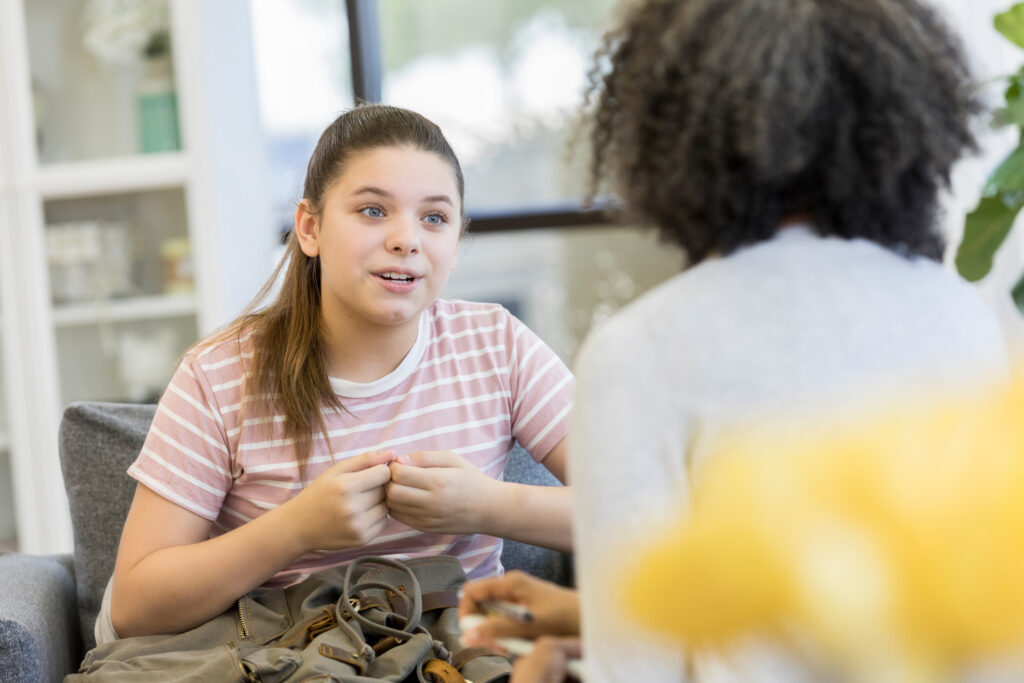Expected Outcomes with Occupational Therapy Treatment
- Attention & focus
- Control impulses
- Self-regulation
- “Evenness” or more regulated emotional & behavioral responses
- Oral motor control and improved eating habits
- Communication, articulation and social skills
- Improved sleep patterns
- Increased engagement, interaction and development of play skills
- Handling frustration
- Improved ability to apply learning to new situations
- Use of self-protecting behaviors effectively
- Utilization/adaptation of their environment to one that helps rather than hinders them
Why do we need Occupational Therapy Services?
Individuals with Sensory Processing Disorder Sensory Over-Responsivity (SOR) have:
- 4X – more internalizing problems (e.g., anxiety)
- 3X – more externalizing problems (e.g., aggression)
- Impaired participation in daily life activities (e.g., lower levels, reduced frequency, and less enjoyment of activities)
- a direct relationship between severity of sensory symptoms and degree of activity impairment
Additionally, adults with Sensory Processing Disorder demonstrate social-emotional difficulties and impairments in quality of life (e.g., increased symptoms of anxiety, decreased sense of vitality, decreased social functioning, decreased general health, and increased bodily pain.


How can Occupational Therapy help our students?
Occupational Therapy helps your student understand their individual sensory needs and challenges, and to develop appropriate, automatic responses to sensations.
With increased sensory awareness and regulation abilities, your students have increased positive participation in day to day activities, improved behavioral and motor responses to sensory input, and the skillsets necessary to function more successfully.
We also educate staff and parents how to utilize sensation to improve and help students learn and develop in their progression.
Overall, your student will learn to more accurately detect and interpret sensory input that affects them and to utilize techniques that improve their responses to their sensations throughout their lives.
The Best Help for Students with Sensory and Behavior Issues
Sensory processing disorders affect 5 to 16 percent of school-aged children
UC San Francisco researchers have found that children affected with Sensory Processing Disorder have quantifiable differences in brain structure
“Most people don’t know how to support these kids because they don’t fall into a traditional clinical group.”
Elysa Marco, MD (Child and Behavioral Neuropsychologist)
Looking for more details about how Occupational Therapy would look in your program?
Testimonials
Reliable, highly competent and professional.
You understand our complex model and work diligently to accommodate that.





